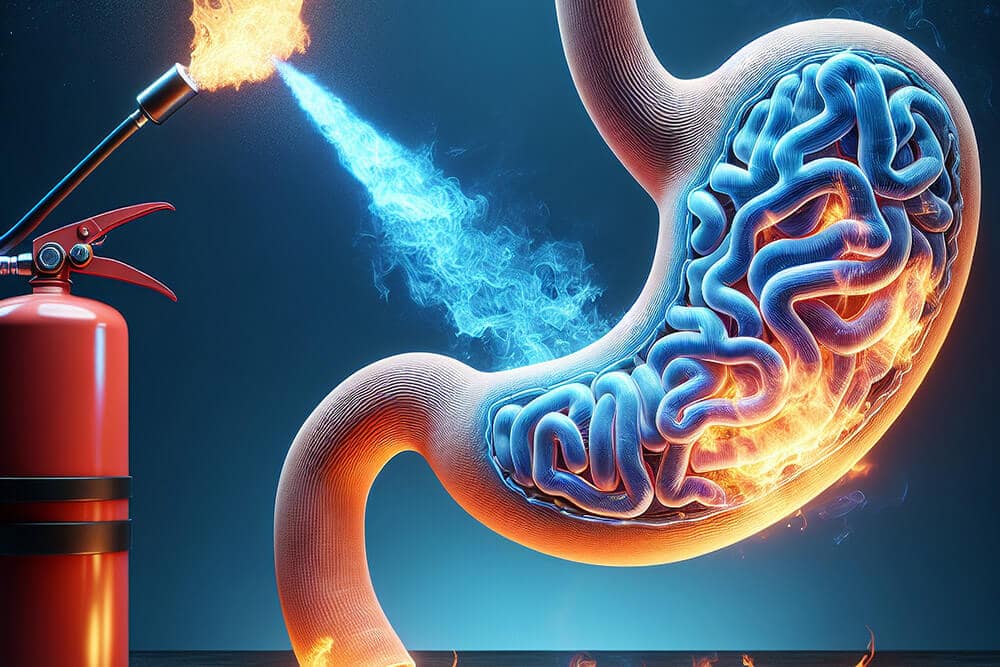What Are Abnormal Liver Function Studies (LFTs)?
Liver function tests measure key enzymes and proteins in your blood. Results outside the normal range-called -abnormal LFTs--suggest your liver may be under stress or not working properly. Early detection allows for timely evaluation and treatment.
Expert Treatment for Abnormal Liver Function Studies (Lfts) by Dr. Bharat Pothuri
Dr. Pothuri uses a step-by-step approach:
Medical History and Exam
He reviews your full health history, including alcohol intake, medication use, metabolic risk factors (diabetes, obesity), and any family history of liver disease. A focused abdominal exam looks for signs of liver enlargement or fluid buildup.
Blood Tests
We draw a comprehensive LFT panel (ALT, AST, ALP, GGT, bilirubin, albumin) and may add viral hepatitis serologies (A, B, C), autoimmune markers, and iron studies to pinpoint the cause of enzyme elevation.
Imaging Studies
- Abdominal ultrasound assesses liver size, texture, and fat infiltration.
- FibroScan (transient elastography) measures liver stiffness to screen for fibrosis.
- Cross-sectional imaging (CT or MRI) if focal lesions or advanced disease are suspected.
Advanced Testing (if needed)
When noninvasive tests are inconclusive, a percutaneous liver biopsy may be performed to confirm diagnosis, assess fibrosis stage, or guide targeted therapy.
Frequently Asked Questions
What are liver function tests (LFTs)?
These are blood tests that check how well your liver is working by measuring liver enzymes, proteins, and bilirubin.
What causes abnormal liver function tests?
Common causes include fatty liver, hepatitis, alcohol use, medications, autoimmune conditions, or bile duct issues.
Can I have abnormal LFTs without symptoms?
Yes. Many people have no symptoms. Abnormal LFTs are often discovered during routine blood work or screening.
Do I need to fast before a liver function test?
Fasting is not usually needed, but your doctor may ask you to fast if other tests are ordered with it.
How are abnormal LFTs treated?
Treatment depends on the cause. It may involve stopping certain medications, lifestyle changes, or further testing.
Can liver enzyme levels return to normal?
Yes. With the right care and by treating the underlying issue, liver enzymes often return to normal ranges.
What follow-up tests might I need?
You may need imaging tests like ultrasound or FibroScan, hepatitis panels, or additional blood work.
Should I worry if only one liver enzyme is slightly elevated?
A single mild elevation may not be serious. Your provider will track trends over time to decide if further action is needed.
When should I see a liver specialist?
If liver tests remain abnormal or symptoms develop, it's a good idea to consult a gastroenterologist or hepatologist.
Can medications affect my LFT results?
Yes. Some medications, including over-the-counter pain relievers and supplements, can impact liver enzymes.












